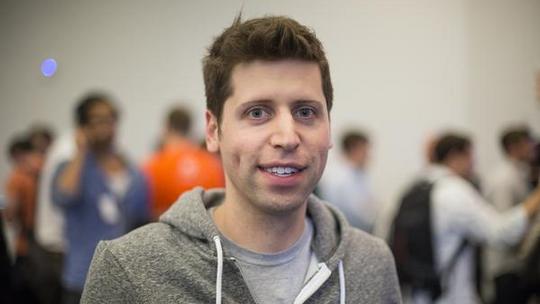
ChatGPT creator OpenAI is sending letters to startups using the phrase "GPT" in their names requesting they remove it — or face "enforcement mechanisms."
At least two startups, India-based SiteGPT and Italy-based RecapioGPT, have publicly stated on Twitter they received such letters and plan to respond by removing GPT from their companies' names. Both startups use OpenAI's software to power their businesses.
"We have received their request from a legal company associated with them for trademark protection," said Recapio's CEO Domenico Gagliardi over email. "We're going to delete the GPT mark in the coming days because, to be honest, we don’t want to risk having legal calls from OpenAI considering also that we use its service."
The letters were sent by Brandshield Ltd., a third-party company that helps its clients enforce their trademarks, and includes a link to a trademark registered in Switzerland by OpenAI for GPT. However, the letters do not include terms like "cease and desist" and have a generally lighter tone, encouraging the startups to comply with the company's brand guidelines.
Neither San Francisco-based OpenAI nor Brandshield returned a request for comment.
OpenAI applied for a trademark for GPT in the United States December, first reported by TechCrunch, beginning a process that could take as long as a year. The company is also attempting to register the term as a trademark in a number of other countries, including Canada and Australia.
In April, the company released a set of "brand guidelines" asking customers of its API to not include GPT in their names and instead use phrases like "powered by GPT-4."
OpenAI is the creator of proprietary language models like GPT-4 and apps like ChatGPT. However the actual phrase GPT, standing for generative pre-trained transformer, is a broad term describing the AI technology. The term was first introduced in 2018 in a research paper published by OpenAI, but has since been used to describe any AI model that meet certain criteria.
This broad use could cause problems for OpenAI as the U.S. Patent and Trademark Office says it can refuse to trademark a term that is "merely descriptive."
"It might be the case that they can't truly even own that portion of the trademark," said Joseph Mandour, managing partner at Mandour and Associates, a law firm that specializes in trademark law. "You could say that GPT already has some significance in the industry, so in that case, they really only own the chat portion of ChatGPT, and even that's a little descriptive."
Registering the trademark could also put OpenAI at odds with heavy hitters such as Salesforce and Bloomberg, which have released a number of products with GPT in the name, some in partnership with OpenAI.
Part of the trademark registration process includes a 30-day window before it is registered where those that believe they will be harmed by the trademark can contest it, which will trigger litigation.
It may also affect some up-and-coming startups like GPTZero, a New Jersey startup that just this week raised a $3.5 million seed round.



